Search Results
Showing results 1 to 20 of 74
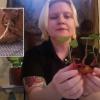
Growing Food From Scraps
Source Institutions
In this activity, learners will explore vegetative propagation while preparing food scraps to grow into plants.

Be A Pasta Food Scientist
Source Institutions
In this activity, learners of all ages can become food scientists by experimenting with flour and water to make basic pasta.
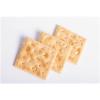
No Saliva, No Taste?
Source Institutions
In this activity (4th activity on the page), learners test to see if saliva is necessary for food to have taste.
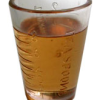
Find the Fat
Source Institutions
Fat is a very important component in our diet. It's the most efficient source of energy in our bodies, and plays an important role in the flavor of foods.
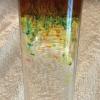
Fireworks in a Glass
Source Institutions
In this activity, learners use water, oil, and food coloring to observe a chemical reaction that creates a shower of colors inside of a glass.
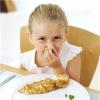
Edible/Inedible
Source Institutions
In this activity about olfaction (9th activity on the page), learners smell 10 different items with different odors, including some edible food items.

Swirling Milk
Source Institutions
In this chemistry activity, learners prepare two petri dishes, one filled with water and one filled with milk.

The Gas You Pass
Source Institutions
Although we may not admit it, all humans fart or pass some gas. In this activity, learners make their own model to mimic food passing through intestines and discover what releases gas.

Tasty Buds
Source Institutions
In this activity (1st activity on the page), learners explore their sense of taste and the structure of the tongue by taste-testing various foods.
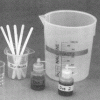
To Dye For
Source Institutions
Learners add two dyes to mineral oil and water, and then compare their miscibility (how well they mix) in each.
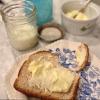
Butter Up
Source Institutions
In this activity, learners will discover how to make butter from scratch. One optional tips includes adding marbles to speed up the process.
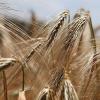
Goodness Gracious! Great Balls of Gluten!
Source Institutions
This is an activity about a very important ingredient in most baked goods - gluten! Why is gluten so important? Without it, there would be nothing to hold the gas that makes bread rise.
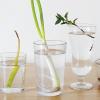
Vegetable Revival
Source Institutions
In this activity, learners use food scraps from the kitchen to grow new vegetables.
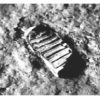
Regolith Formation
Source Institutions
In this three-part activity, learners use food to determine the effects of wind, sandblasting and water on regolith (dust) formation and deposition on Earth.

An Interdisciplinary Deer and Human Population Study
Source Institutions
This activity helps the learner answer the question: "What environmental problems arise due to animal and human overpopulation and what might need to be done to combat these problems?" Learners play a
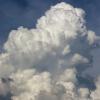
Convection
Source Institutions
In this activity, learners model atmospheric convection currents using food coloring, water, and clear cups. Activity includes step-by-step instructions, STEM connections, and more.
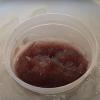
Make Your Own Slushies
Source Institutions
In this activity, learners will make their own slushies and learn some of the science behind how the process works.
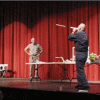
Marshmallow Puff Tube
Source Institutions
In this demonstration/activity, learners observe as a regular size marshmallow is blown through a tube made from a manila file folder.
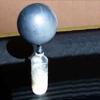
Yeast-Air Balloons
Source Institutions
In this activity, learners make a yeast-air balloon to get a better idea of what yeast can do. Learners discover that the purpose of leaveners like yeast is to produce the gas that makes bread rise.
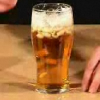
Lager Lamp
Source Institutions
In this demonstration, adult learners create a lava lamp using beer and nuts! Use this pub-themed activity to demonstrate the effects of buoyancy and bubbles.
